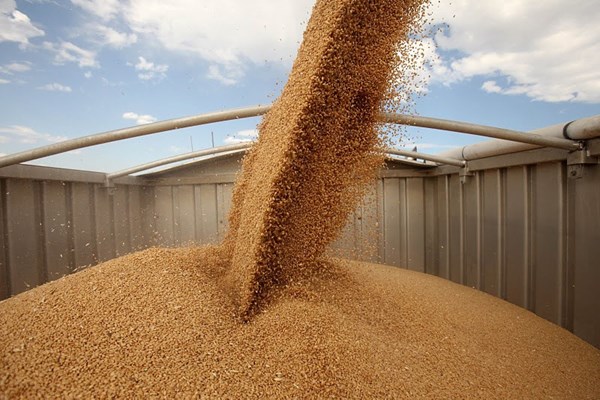Egypt rejects 63 tons of Russian grain
Russian grain traders once again have problems supplying the primary export market. Egypt, which accounts for roughly one quarter of all Russia’s wheat exports, has rejected a large 63 ton batch, finanz.ru reports.
The grain was transported by ship for Egypt’s state GASC (General Authority For Supply Commodities), but Egypt’s Ministry of Agriculture refused to accept it, having detected an above-normal concentration of ergot – a fungal parasite which is toxic to humans.
Whereas the specification is 0.05%, the batch was found to contain 0.06%, Egyptian Agriculture Ministry representative Hamid Abdul Daim observed.
According to information from trading circles, the wheat batch belongs to GTCS, which market participants believe to be connected to Russia’s leading exporter, TD RIF, SovEcon analytics center director Andrey Sizov noted.
The company responsible for the batch requested a second examination, but the request was denied by the Egyptian quarantine inspection authority.
There have been conflicts surrounding shipments of Russian wheat to Egypt for several years: they began after the Egyptian Phytosanitary Service was suspended from inspecting grain at the port of shipment.
The service insisted that the purchased batches should not contain any traces of ergot, which is practically impossible, Sizov explained.
On May 26, Egypt’s Supreme Court ruled that imported wheat may contain 0.05% ergot, which is the international standard.
“Despite all the difficulties, shipments of wheat, primarily Russian, will not be stopped. The country cannot get by without imported wheat,” Sizov observed.
According to estimates by the US Department of Agriculture, in 2018 Egypt will import roughly 12 million tons of wheat, of which SovEcon estimates that 70%, i.e. 8.4 million tons, will be provided by Russia.
The Department of Agriculture places Russia’s total wheat export at 36 million tons.
